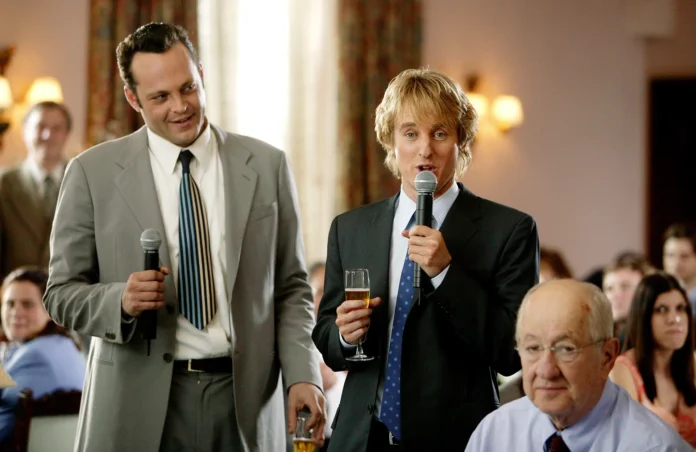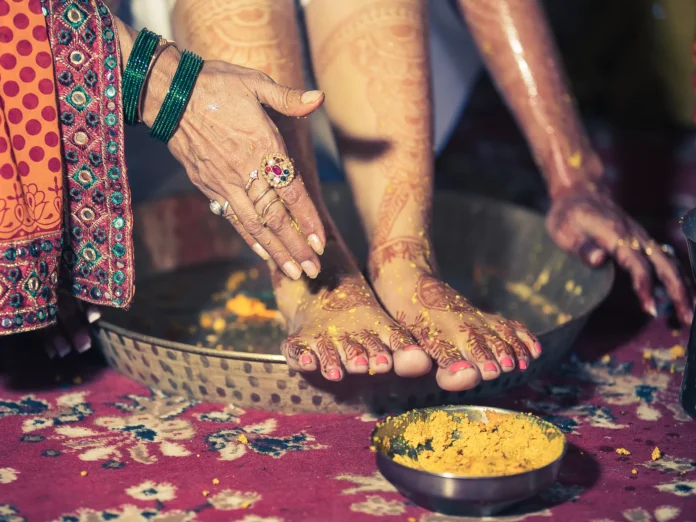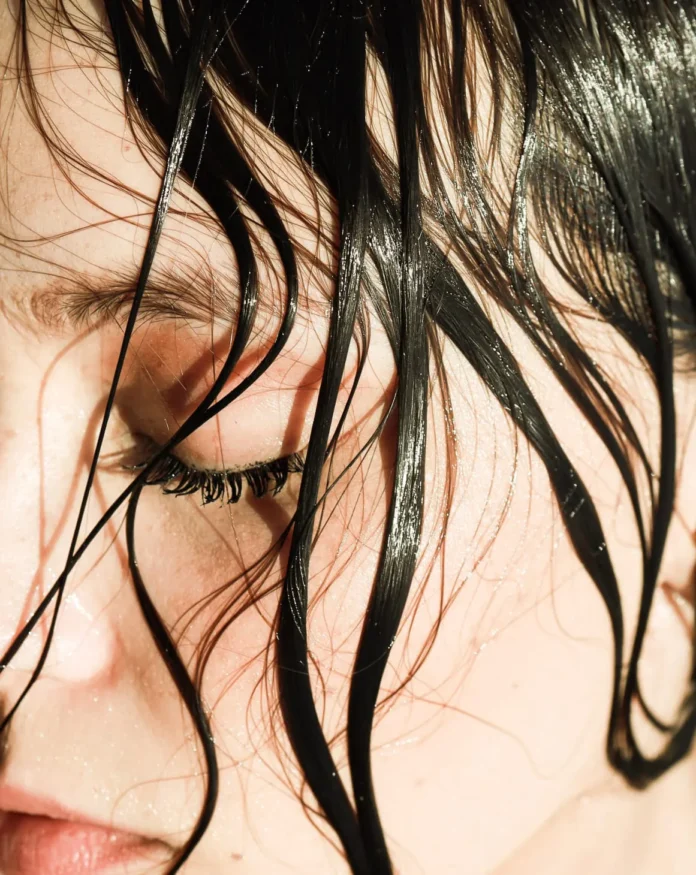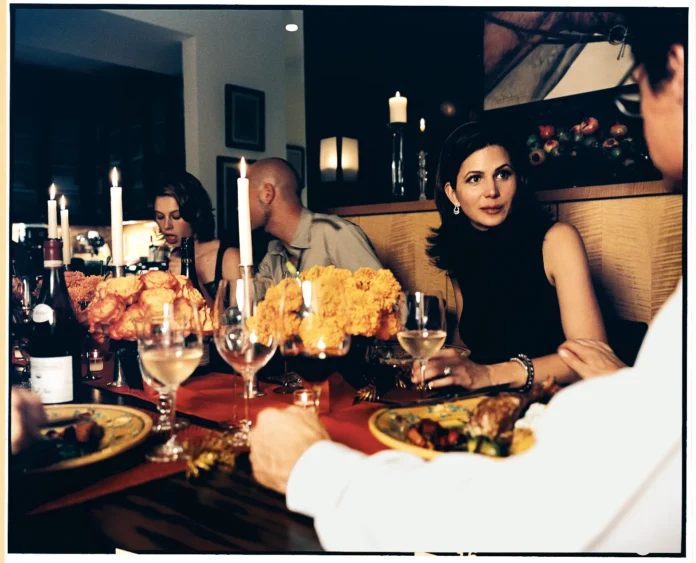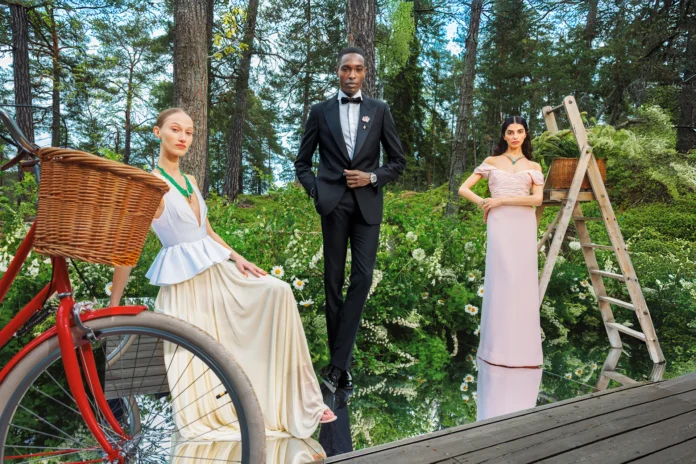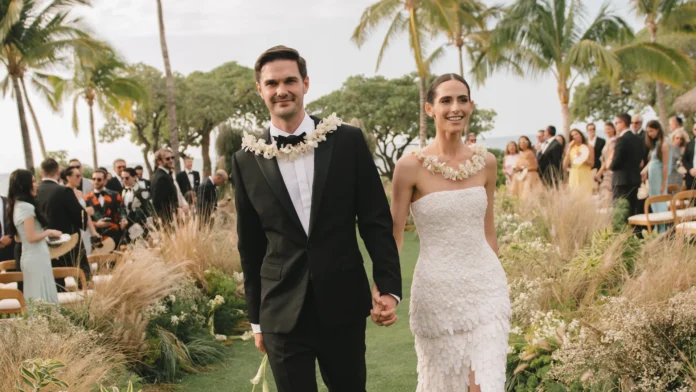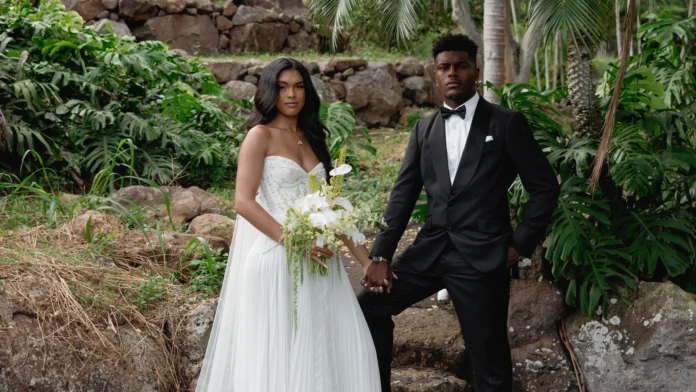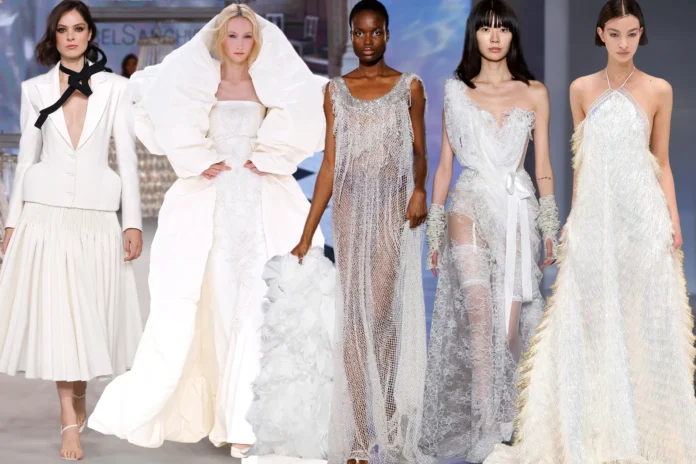Wedding Toast Disasters: When Good Intentions Go Horribly Wrong
There’s a particular kind of cringe that only a wedding toast can deliver. You know the moment—when the room falls into an awkward hush, when guests exchange panicked glances, when the speaker obliviously plows ahead with words that should have stayed unsaid.
I witnessed one such catastrophe years ago at a lavish Miami wedding. The setting was straight out of a fairy tale: a grand ballroom draped in greenery, twinkling chandeliers, an air of effortless elegance. Then the father of the bride stood to give his toast.
It started predictably enough—warm welcomes, gracious thank-yous, the usual sentimental fare. But then, like a slow-motion car crash, it derailed. His speech meandered, his words stumbled, and it became painfully clear that he had given little thought to what he was about to say.
And then came the pièce de résistance:
“I always wanted a son, but it all turned out fine because my daughter was good at sports.”
The room froze. The bride’s smile stiffened. The groom looked as if he wanted to vanish into the marble floor.
Why Wedding Toasts Go Wrong
This particular disaster was extreme, but it’s far from unique. Wedding toasts are a minefield of potential missteps, and even the most well-meaning speakers can find themselves veering into uncomfortable territory. Common pitfalls include:
1. The Overshare
A best man recounting the groom’s wild college escapades? A mother-in-law hinting at her initial doubts about the marriage? What feels like a funny anecdote to the speaker can quickly become a room-silencing faux pas.
2. The Backhanded Compliment
“You’re so lucky someone finally saw how amazing you are!” or “I never thought this day would come!” might sound sweet in theory—but they often carry an unintentional sting.
3. The Rambling Monologue
A toast should be concise, heartfelt, and to the point. Yet too often, speakers treat it like an open mic night, dragging on with inside jokes, tangents, or—worst of all—an impromptu slideshow.
4. The Emotional Ambush
Raw emotion is understandable, but a sobbing, incoherent speech can leave guests shifting in their seats. Similarly, using the moment to air grievances (about exes, in-laws, or life regrets) is a surefire way to kill the vibe.
How to Give a Toast That Doesn’t Bomb
If the thought of public speaking makes you break out in hives, fear not—a great toast doesn’t require Shakespearean prose or stand-up comedy chops. It just requires a little forethought.
Keep It Short
Aim for two to three minutes max. Anything longer risks losing the crowd’s attention.
Practice (But Don’t Memorize)
Rehearse enough to sound natural, but don’t rigidly script every word. Authenticity matters more than perfection.
Balance Humor and Heart
A light joke or two is fine, but the focus should be on warmth and sincerity.
When in Doubt, Stick to the Basics
- Thank the hosts and guests
- Share a brief, meaningful story about the couple
- Offer a genuine wish for their future
- Raise your glass
The Aftermath of That Miami Toast
As for the father of the bride? He remained blissfully unaware of the devastation left in his wake. The reception carried on, the champagne flowed, and the moment became just another entry in the annals of wedding horror stories.
But for the rest of us, it served as a valuable lesson: A toast should celebrate love, not accidentally undermine it.
So, if you’re ever handed a microphone at a wedding, take a breath, think before you speak, and—whatever you do—avoid implying that the bride was merely a consolation prize.
